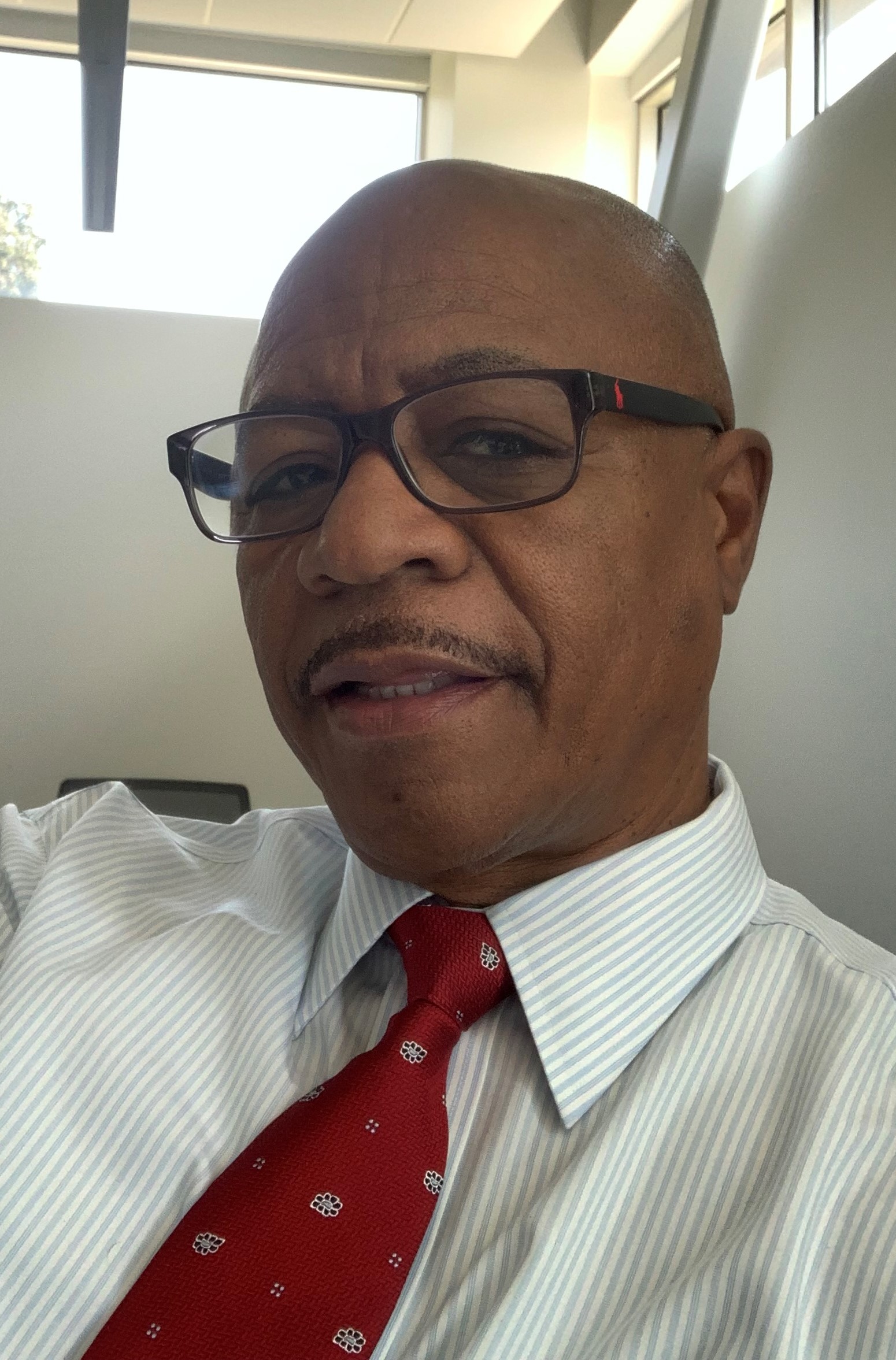Room Wingate 60-61
Speaker(s)
Description
A substantial portion of individuals with mental health problems do not seek the help they need. Family and friends struggle to understand why, especially when the disorder negatively impacts their lives. They may wrongfully conclude the treatment refuser is willfully choosing to be impaired, which can lead them to react in ways that are counterproductive, resulting in substantial family conflict. This presentation explains why some people behavior in ways that are incompatible with recovery. It introduces a concept called recovery avoidance and offers suggestions for how to respond to it constructively.
This interactive presentation will present the 5 steps of the Family Wellbeing Approach and provide examples of working with diverse family members of treatment refusers with emotional disorders.
First Step: PREPARE FOR CRISES:
The first step is to plan for the development and implementation of a sample family Crisis Plan.
Second Step: CLARIFY THE PROBLEM & SET REALISTIC GOALS
Then, the audience will be introduced to assessment forms that were designed to help families identify the impact of recovery avoidance on their lives and prioritize the changes they want to make.
Third Step: INCREASE ACTIVITY YOU VALUE
The third step shows how to build a plan to increase valued activity for a sample family member.
Fourth Step: DECREASE FAMILY DISTRESS & CONFLICT
Then, the audience will see how to develop a plan to decrease family distress and conflict for a sample family.
Fifth Step: PROMOTE RECOVERY-COMPATIBLE BEHAVIOR IN THE FAMILY MEMBER WITH RECOVERY AVOIDANCE
The final step includes developing a plan to promote recovery-compatible behavior in the person who is exhibiting recovery avoidance.
Objectives
- Describe the 5 Steps of the Family Wellbeing Approach (FWBA)
- Describe the 4 factors that can contribute to recovery avoidance
- Identify 2 common family responses that can make recovery avoidance worse

